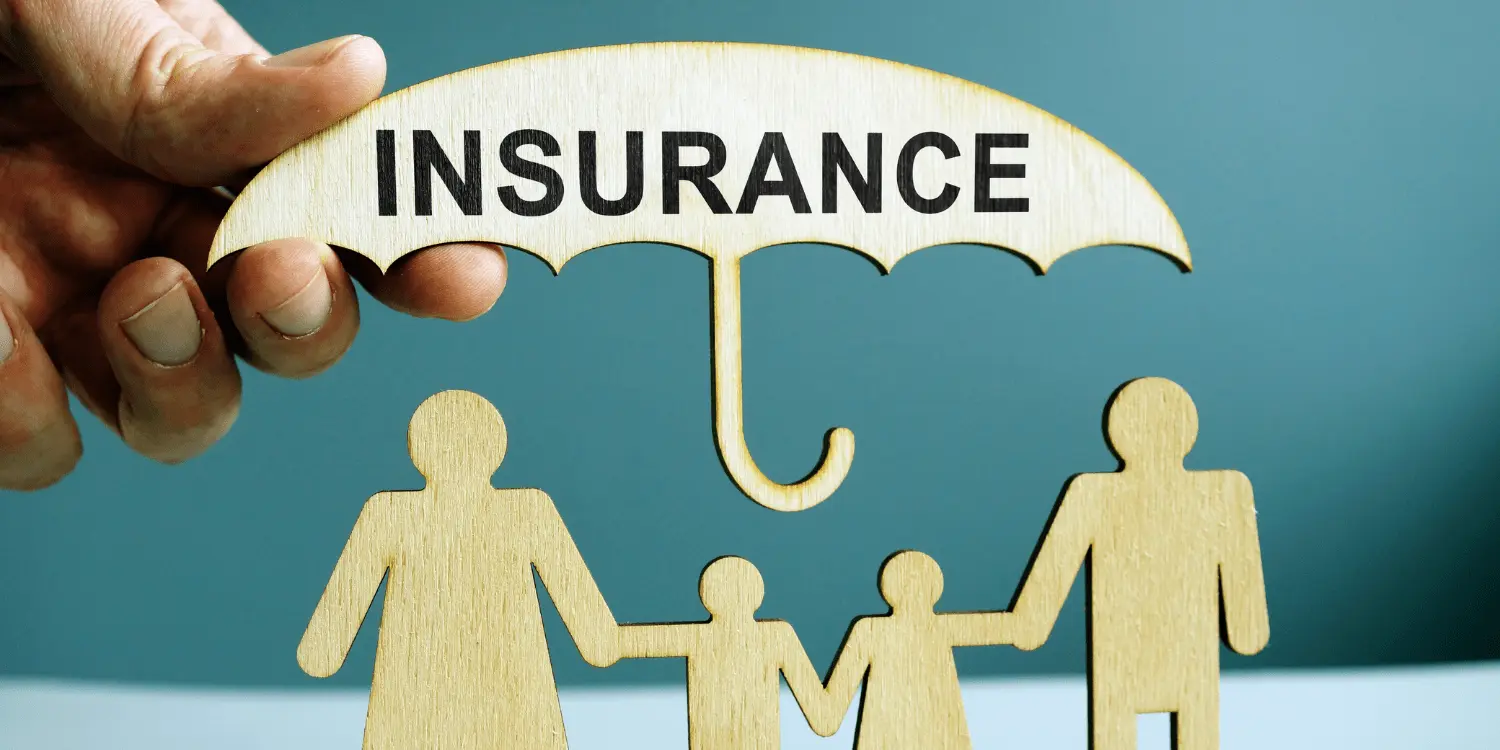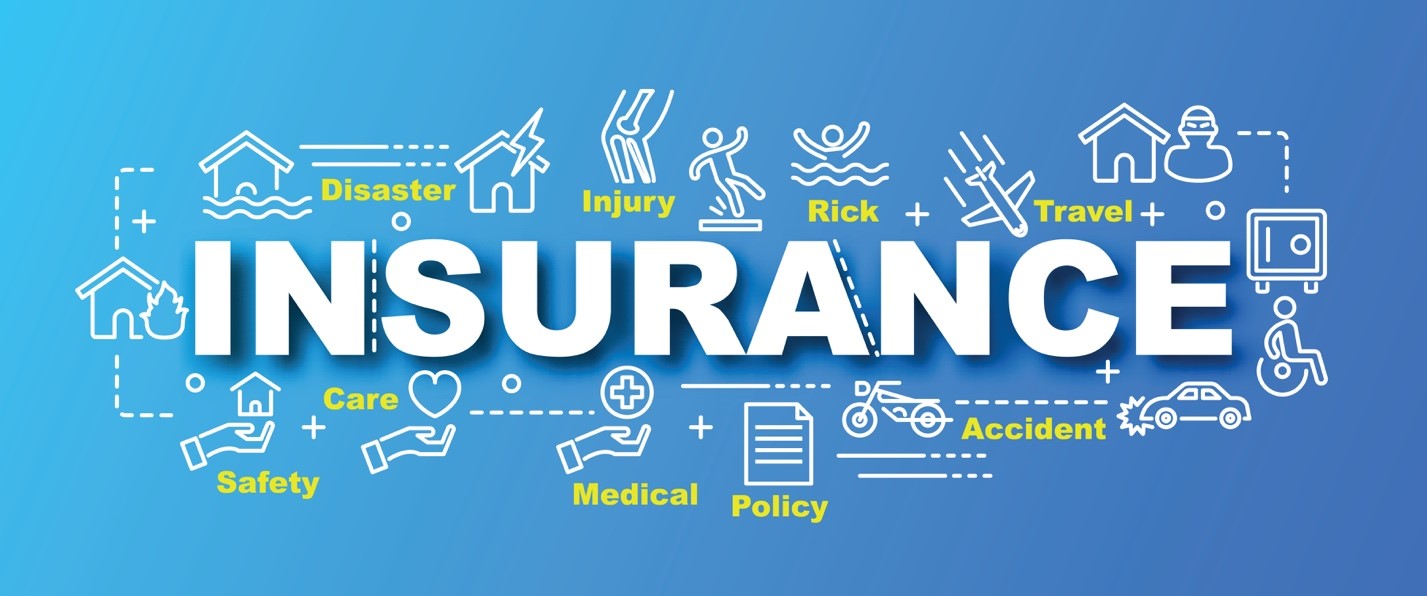Insurance auto auctions have become a popular avenue for purchasing vehicles at potentially lower prices. Whether you’re a seasoned mechanic, a car enthusiast, or someone looking for a budget-friendly vehicle, these auctions offer a range of opportunities. However, like any investment, they come with their own set of risks and rewards. This comprehensive guide delves into how insurance auto auctions operate, their benefits and drawbacks, and whether they’re worth your time and money.

Key Takeaways
- Savings: Insurance auto auctions can offer vehicles at a significant discount compared to traditional dealerships, sometimes as much as 50% or more.
- Risk vs. Reward: The vehicles are sold “as-is,” which means there’s a risk of hidden damage, but for those with mechanical expertise, there’s potential for profit.
- Research and Inspection: Thorough research, vehicle history reports, and inspections are essential before making a bid.
- Costs Beyond the Bid: Be prepared for additional costs such as auction fees, transportation, and repairs.
- Skill Level Matters: Buyers with mechanical knowledge and repair skills have a significant advantage when purchasing from insurance auto auctions.
Understanding Insurance Auto Auctions
| Aspect | Description |
|---|---|
| What Are They? | Auctions where insurance companies sell off vehicles that were damaged, totaled, or written off. |
| Vehicle Types | Cars, trucks, motorcycles, RVs, boats — often with salvage or rebuilt titles. |
| Sellers | Insurance companies, rental agencies, fleet operators, government entities. |
| Buyers | Individuals, dealerships, mechanics, exporters, and rebuilders. |
| Purpose of Sale | To recover partial losses after insurance payouts or clear inventory. |
Insurance auto auctions are events where vehicles that have been damaged, salvaged, or deemed a total loss by insurance companies are sold to the highest bidder. These vehicles are typically sold “as-is,” meaning they come without warranties or guarantees regarding their condition. The primary purpose of these auctions is for insurance companies to recover some of the costs associated with the vehicles they’ve paid out claims on.
How Insurance Auto Auctions Operate
Vehicle Sourcing
Insurance companies, rental agencies, and fleet operators provide the vehicles for auction. These vehicles may have been involved in accidents, suffered flood or fire damage, or have mechanical issues that make them uneconomical to repair.
Auction Formats
- Physical Auctions: Traditional in-person events where bidders attend the auction site to place their bids.
- Online Auctions: Digital platforms where bidders can participate remotely, viewing vehicle details and placing bids online.
Bidding Process
Bidders register for the auction, either online or in person, and are assigned a bidder number. The auctioneer presents each vehicle, and registered bidders place their bids. The highest bid at the close of the auction wins the vehicle.Payment and Transfer
Once a bid is successful, the buyer is required to pay the full amount, including any applicable fees, within a specified timeframe. After payment, ownership is transferred, and the buyer is responsible for transporting the vehicle.
Pros of Buying from Insurance Auto Auction

Cost Savings
One of the most significant advantages is the potential for substantial savings. Vehicles at these auctions can often be purchased for 20-50% less than their market value, making them attractive options for budget-conscious buyers .
Wide Selection
Insurance auto auctions offer a diverse range of vehicles, from everyday cars to luxury models and even motorcycles or boats. This variety provides ample choices for different preferences and needs .
Potential for Profit
For those with mechanical skills, purchasing a vehicle, repairing it, and reselling it can be a profitable venture. Many buyers have successfully flipped auctioned vehicles for a significant profit .
Access to Unique Vehicles
Enthusiasts and collectors often find rare or unique vehicles at insurance auto auctions that aren’t readily available through traditional dealerships .
Cons and Risks Involved
“As-Is” Condition
Vehicles are sold without warranties, and buyers are responsible for any repairs or issues that arise post-purchase. Hidden damages may not be immediately apparent, leading to unexpected expenses .
Salvage Titles
Many vehicles come with salvage or rebuilt titles, indicating they have sustained significant damage. This can affect the vehicle’s resale value and may complicate insurance and registration processes .
Additional Costs
Beyond the winning bid, buyers may incur fees such as buyer’s premiums, transportation costs, and repair expenses. These additional costs can add up quickly and impact the overall value of the purchase .
Limited Inspection Opportunities
While some auctions allow for vehicle inspections, others may provide limited access. This lack of thorough inspection can make it challenging to assess the true condition of the vehicle .
Is It Worth It? Evaluating the Value
Whether participating in an insurance auto auction is worth it depends on several factors:
- Skill Level: Buyers with mechanical expertise can often repair and profit from vehicles purchased at auction.
- Research: Thorough research and understanding of the vehicle’s condition are crucial.
- Financial Preparedness: Buyers should be prepared for additional costs beyond the initial bid.
For those willing to invest time and effort, insurance auto auctions can offer significant rewards. However, they are not without risks and require careful consideration and planning.
Also Read: What Are Insurance Auto Auctions and Should You Buy From Them?
Conclusion
Insurance auto auctions can be an excellent way to acquire a vehicle at a lower price, especially if you have the skills to repair and restore vehicles. However, the risks involved—such as hidden damages, salvage titles, and the need for repairs—mean that careful consideration and preparation are essential. If approached wisely, these auctions can be a valuable resource for savvy buyers who are ready to put in the work. Whether they’re worth it depends on your personal goals, your ability to assess the vehicles properly, and your willingness to handle any repairs that come your way.
FAQs
- Can anyone participate in an insurance auto auction?
- While some auctions are open to the public, others may require a dealer’s license. It’s essential to check the specific requirements of the auction you’re interested in.
- What is a salvage title?
- A salvage title indicates that a vehicle has been deemed a total loss by an insurance company due to damage. These vehicles can often be repaired and returned to the road but may have reduced value.
- Are online auctions safe?
- Reputable online auctions implement security measures to protect bidders. However, it’s crucial to research the platform and understand its policies before participating.
- How do I know if a vehicle is worth repairing?
- Consider the cost of repairs, the vehicle’s market value post-repair, and your skill level. Consulting with a mechanic can provide valuable insights.
- What fees are associated with insurance auto auctions?
- Fees can include buyer’s premiums, transportation costs, and potential repair expenses. Always factor these into your budget.
- Can I get financing for a vehicle purchased at auction?
- Financing options may be limited for salvage vehicles. It’s advisable to check with lenders beforehand.








